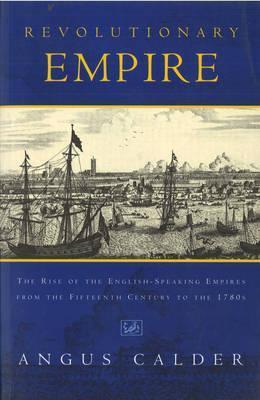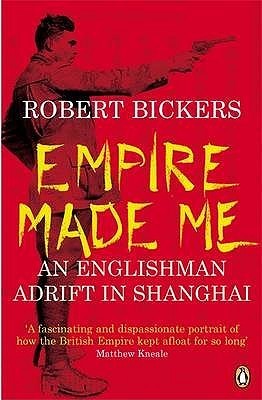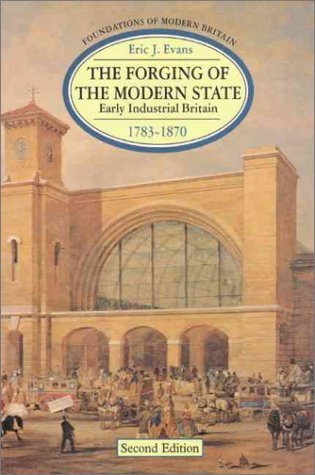
Revolutionary Empire: The Rise of the English-Speaking Empire from the Fifteenth Century to the 1780s
Book Description
From the audacious voyages of explorers to the lush landscapes of colonial conquest, a powerful empire rises to redefine the world. In "Revolutionary Empire," Angus Calder unveils the gripping saga of the English-speaking empire, charting its path from the vibrant courts of the fifteenth century to the turbulent winds of the 1780s. Journey through epic battles, fierce rivalries, and the clash of cultures that set the stage for a new era of global influence. Can ambition and power sustain a legacy, or will the seeds of rebellion turn the tide? The fate of nations hangs in the balance.
Quick Book Summary
Angus Calder’s "Revolutionary Empire" traces the British Empire’s transformation from the fifteenth century’s exploratory ambitions to its apex in the late 18th century. Calder explores not only the politics and economics that drove expansion, but also the cultural, military, and ideological currents that propelled England—and later, the broader English-speaking world—onto the global stage. He examines the exploitation, competition, and innovation behind Britain’s rise, discussing the tensions between colonizers and the colonized and the internal debates over empire’s moral compass. Calder shows how the empire’s revolutionary nature lay both in its disruptive expansion and in the seeds of resistance it unwittingly nurtured, culminating in the American Revolution. The book offers a compelling narrative of how England’s search for wealth and power reshaped continents and set the stage for modern imperialism and global order.
Summary of Key Ideas
Table of Contents
Ambition, Exploration, and Early Expansion
Calder begins with the earliest stirrings of English overseas ambition in the fifteenth century, contextualizing them within the competitive European maritime landscape. Motivated by both the lure of new trade routes and religious zeal, English explorers joined the age of discovery, staking claims in distant territories. Their initial ventures were shaped by the interplay of royal backing, private entrepreneurship, and unpredictable fortune, forming the template for empire-building for centuries to come.
Commerce, Conflict, and Rivalry
The expansion of the empire was driven as much by commerce as by conquest. Calder highlights the crucial role of joint-stock companies, naval power, and evolving financial institutions that enabled England to establish outposts in the Americas, Africa, and Asia. These ventures led to direct conflicts with other imperial powers, notably Spain, France, and the Dutch, sparking wars whose outcomes rebalanced the global order and fostered a relentless drive for supremacy.
Culture, Ideology, and Justification of Empire
Cultural attitudes played a pivotal role in the consolidation and justification of colonial power. Calder examines how ideologies of racial and religious superiority fueled both the means and the ends of empire. English culture and law were exported to colonies, often at the expense of indigenous peoples, while the evolving concept of the "civilizing mission" provided moral cover for exploitation and violence. Imperial identity was constructed in contrast to perceived barbarism elsewhere, solidifying national cohesion at home.
Colonial Resistance and Revolutionary Forces
Yet the same systems that empowered expansion sowed the seeds of dissent and transformation. Calder explores the complex realities of colonial societies, where economic dependence, social stratification, and cultural clashes generated discontent. In North America, colonial resistance crystallized into revolutionary movements, challenging the legitimacy and authority of imperial rule and ultimately birthing new, independent nations.
Legacy and Transformation of Imperial Power
By the 1780s, Calder argues, the revolutionary forces unleashed by Britain’s own empire-building projects fundamentally transformed both the empire and the global landscape. The legacies of coercion, commerce, and cultural hybridization reached far beyond the original conflicts, shaping transatlantic identities and laying the groundwork for the modern era. Calder’s account forces a reconsideration of both the achievements and the lasting contradictions of the English-speaking empire.
Download This Summary
Get a free PDF of this summary instantly — no email required.





